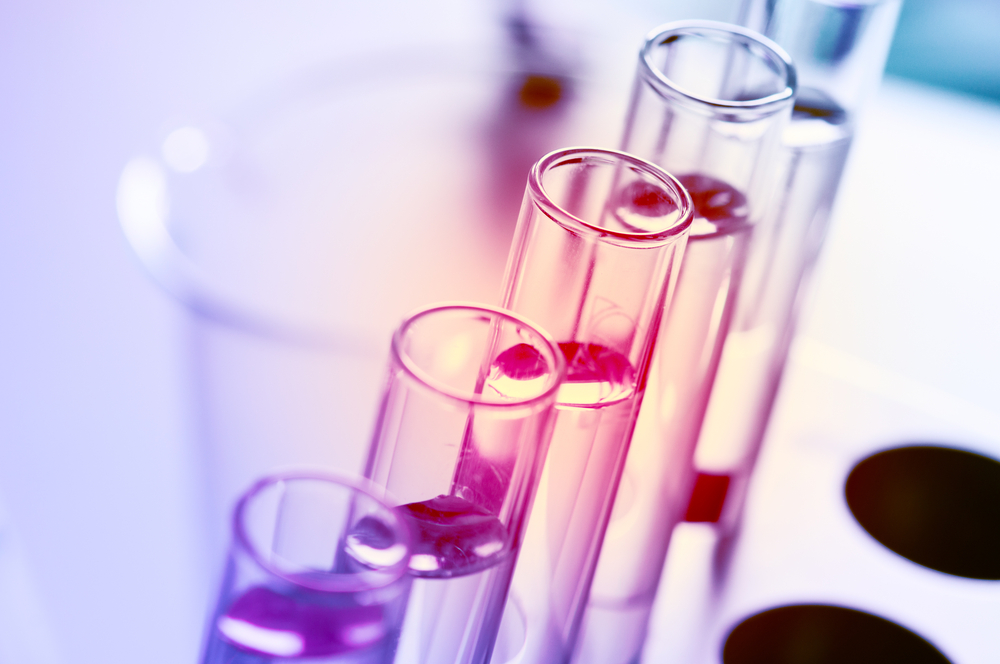PTH Levels 4 Hours After Thyroidectomy Is Best Predictor of Hypoparathyroidism, Study Suggests
Written by |

Four hours after surgery is the best time to measure intact parathyroid hormone (iPTH) levels to predict the risk of hypoparathyroidism following thyroidectomy, a study in patients with papillary thyroid carcinoma suggests.
Hypoparathyroidism is an uncommon condition in which the body secretes abnormally low levels of parathyroid hormone (PTH), which is key for regulating a person’s calcium and phosphorus levels.
The study, “The most reliable time point for intact parathyroid hormone measurement to predict hypoparathyroidism after total thyroidectomy with central neck dissection to treat papillary thyroid carcinoma: a prospective cohort study,” was published in the journal European Archives of Oto-Rhino-Laryngology.
Hypocalcemia, or low levels of calcium in the blood, is a common complication following thyroidectomy — the surgical removal of the thyroid. This complication can result from hypoparathyroidism, as normal PTH levels are key for calcium regulation.
Calcium supplements can be used to manage hypocalcemia, but with most cases being temporary and asymptomatic, it has been difficult to determine who is most likely to develop this complication after surgery.
One proposed strategy is measuring levels of iPTH, which exists only briefly in the blood — its half-life, meaning the time until the body reduces its blood level to half, is two to five minutes.
Researchers at Chungnam National University, in the Republic of Korea, set out to determine at what time point iPTH measurements are most useful for predicting hypocalcemia risk within 24 hours of thyroidectomy.
They used data from 143 patients (average age 55.5 years) who underwent total thyroidectomy due to papillary thyroid carcinoma, which is the most common type of thyroid cancer. Calcium and iPTH levels were assessed in the blood at 10 minutes, and 1, 4, 12, and 24 hours after surgery. All participants were followed up over one year after surgery.
Results showed that 83 people (58%) developed hypocalcemia. Among these patients, 72 (49% of the original total) experienced transient hypocalcemia, meaning temporary hypocalcemia that later resolved. Meanwhile, while the remaining 11 (7.7% of the total) did not experience resolution and had permanent hypocalcemia.
The scientists then used statistical models to determine at which time point iPTH measurements were most predictive of hypocalcemia. The best predictor, they found, was iPTH level at four hours post-surgery.
At that time, an iPTH level under 3.75 pg-mL had a sensitivity of 81.6% and a specificity of 86% to predict overall hypocalcemia. Sensitivity refers to the ability to correctly identify individuals with hypocalcemia, while specificity refers to the accuracy of the identification of patients without hypocalcemia. In permanent hypocalcemia, iPTH levels under 2.48 pg/mL showed 100% sensitivity and 57.8% specificity.
“The 4-h postoperative iPTH can most accurately predict hypoparathyroidism after TT [thyroidectomy],” the researchers said.
“Therefore, Ca [calcium] supplements should be recommended for such patients, and may be tapered when serum total Ca and iPTH level are normalized,” they added.





